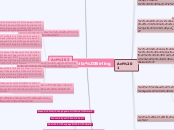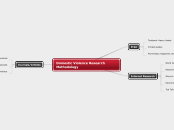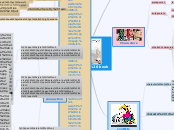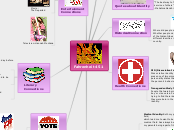por maddie hussey 6 anos atrás
1745
Sheila Birling
Sheila Birling's character undergoes significant development, highlighting her maturation and growing awareness. Initially depicted as childlike and materialistic, particularly through her language and behavior in Act 1, she evolves into a more perceptive and responsible individual by Act 2.









